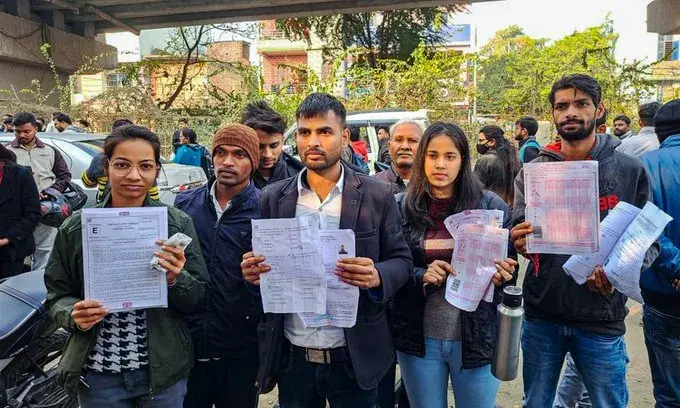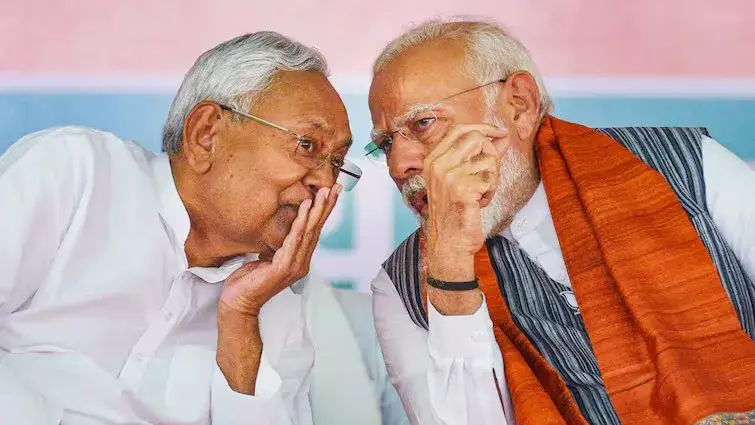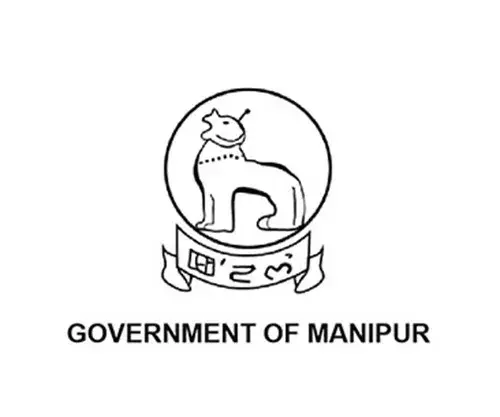Allegations of Paper Leak and Chaos Mar BPSC 70th Prelims Exam 2024
The BPSC 70th Integrated Combined Competitive Examination (CCE) 2024 prelims, held on December 13, faced allegations of paper leaks and chaos at a Patna exam center. Students reported late distribution of question papers and threats from unidentified individuals. The exam was conducted in a single shift across 912 centers in Bihar, with negative marking for incorrect answers. Successful candidates will proceed to the main exam, with 2,035 vacancies to be filled. The Bihar Public Service Commission (BPSC) 70th Integrated Combined Competitive Examination (CCE) 2024 preliminary exam, conducted on December 13, has been overshadowed by allegations of paper leaks and disorder at one of the exam centers in Patna. Reports indicate that some students experienced delays in receiving their question booklets and OMR sheets, with claims that the papers were distributed an hour late in some instances. Adding to the controversy, students alleged that unidentified individuals entered the examination halls and issued threats to candidates. These incidents have raised serious concerns about the integrity and security of the examination process. The BPSC 70th preliminary exam was held in a single shift from 12 noon to 2 pm across 912 centers throughout Bihar. Despite the issues reported at the Patna center, the exam proceeded as scheduled in other locations. The preliminary exam is a crucial step in the recruitment process, with negative marking applied for incorrect answers. Only those who pass this stage will be eligible to take the BPSC CCE main exam, the dates for which will be announced following the declaration of the prelims results. The BPSC aims to fill 2,035 vacancies through this competitive examination. However, the allegations of paper leaks and the chaotic scenes at the Patna center have cast a shadow over the process. Speaking to news agency ANI, several students expressed their frustration and disappointment, citing instances of torn question booklet seals and answer sheets found in inappropriate places, such as toilets. The BPSC has yet to respond to these allegations, and the situation remains tense as candidates and their families await further clarification and action from the authorities. The integrity of the examination process is paramount, and these allegations highlight the need for stringent measures to ensure fairness and transparency in future exams. Source: Indian Express Photo Credit: Indian Express





